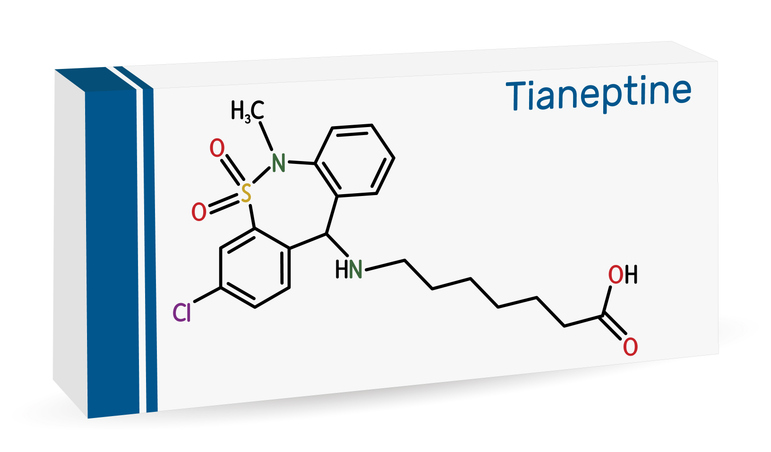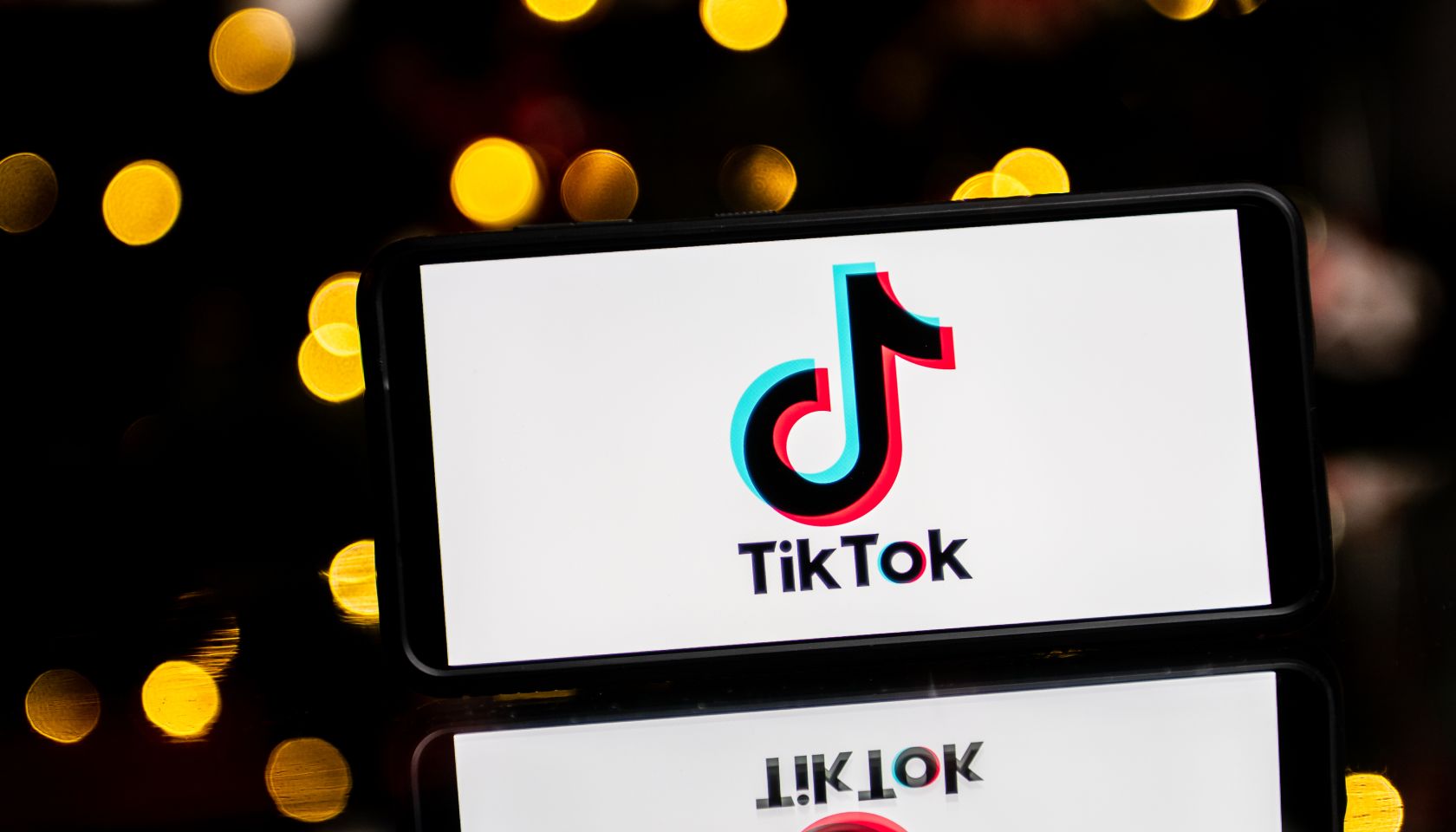What Is 'Gas Station Heroin?' And How To Protect Yourself
What Is ‘Gas Station Heroin?’ And How To Protect Yourself And Your Children

You may have seen them at your local gas station or convenience store small, brightly colored bottles marketed as energy boosters or mood enhancers. But behind the flashy labels and catchy names like Zaza, Tianaa, Pegasus, or TD Red, lies a hidden danger: a substance called tianeptine.
Often referred to as “gas station heroin,” tianeptine is raising red flags among health officials due to its high risk of addiction, serious side effects, and the lack of regulation surrounding its sale.
What Is Tianeptine?
According to The Associated Press, tianeptine is a drug originally developed and approved in some countries as a prescription antidepressant. However, in the United States, the FDA has never approved tianeptine for any medical use. Despite this, the drug continues to appear in supplements and shots sold at gas stations, smoke shops, and online.
Although tianeptine is not technically an opioid, it interacts with the same receptors in the brain, producing opioid-like effects such as euphoria, sedation, and pain relief. This makes it especially dangerous when abused, explained Dr. Hannah Hays, a medical professional at the Nationwide Children’s Hospital in Columbus, Ohio.
“That’s what tends to get people into trouble, Dr. Hays told The Associated Press. “They use it for opioid-like effects or to self-treat opioid withdrawal and that can lead to slow breathing and problems like that.”
Users might experience a brief high, but they also face serious health risks such as breathing suppression, dependence, withdrawal symptoms, and the potential for overdose.

Why Is It Called “Gas Station Heroin“?
The nickname “gas station heroin” comes from the drug’s opioid-like effects and the fact that it’s widely available in non-pharmacy settings. Unlike prescription medications, these products are sold under the guise of being dietary supplements or energy shots, often with misleading or unverified health claims. Some even falsely advertise that they can help with addiction, pain, or mental health issues like depression and anxiety.
On May 8, the Food and Drug Administration (FDA) issued a public warning advising consumers to avoid products containing tianeptine, stating it is not approved for any medical use in the U.S. The agency said that tianeptine was not considered safe for use in food and didn’t qualify as a legal dietary ingredient. Even more concerning, the FDA cited medical reports showing that U.S. users have been taking dangerously high doses—ranging from 50 mg to 10,000 mg daily—which is 1.3 to 250 times higher than the standard doses used in countries where the drug is legally prescribed.
“Nevertheless, tianeptine is being marketed as a ‘research chemical,’ a “nootropic” cognitive enhancer, or a dietary supplement,” the FDA cautioned.
How Are These Products Still Being Sold?
Technically, it’s illegal to sell tianeptine as a dietary supplement or to add it to food or drinks in the U.S. But because the FDA doesn’t pre-approve supplement ingredients before they hit the market, many companies find loopholes, keeping products on shelves until the FDA intervenes—often too late to prevent harm.
We Must Act Fast.
Tianeptine exposure is on the rise in the United States, and without swift intervention, the problem is likely to worsen. A study published in the Journal of Medical Toxicology found that from 2015 to 2023, U.S. poison control centers received 892 reports of single-substance tianeptine exposures, with a staggering 1,400% increase in exposure rates during that time. Notably, there was a 525% increase between 2018 and 2023 alone. The majority of reported cases resulted in moderate (51.5%) or major (12.0%) health effects, and 40.1% of individuals required hospital admission, including 22.9% who were admitted to intensive care units.
People ages 50 and older were significantly more likely to experience major health outcomes or require medical care compared to younger individuals. Abuse of tianeptine accounted for 40.1% of exposures, with these cases more frequently leading to serious effects. Additionally, withdrawal symptoms were reported in 22.5% of cases.
Geographically, the highest rates of tianeptine exposure occurred in the Southern United States, highlighting a regional public health concern.
Protect Yourself And Your Family.
To protect yourself and your family from the dangers of products containing tianeptine, there are several important steps you can take. Start by reading labels carefully, and avoid any products with unfamiliar ingredients—especially those marketed as “herbal highs,” “legal highs,” or energy shots with vague or exaggerated health claims. It’s also crucial to recognize common brand names associated with tianeptine, such as Zaza, Tianaa, TD Red, and Pegasus, and steer clear of anything promoting tianeptine as a key ingredient.
If you’re a parent or guardian, make it a point to talk to your kids. Teens and young adults may experiment with these products out of curiosity or peer pressure, so having open, honest conversations about the risks of unregulated substances can be a powerful preventive tool. If you encounter a suspicious product, report it to the FDA’s MedWatch program, which helps alert regulators to potentially dangerous items still on the market. And if you or someone you know has used tianeptine or is experiencing side effects, seek medical attention immediately. Symptoms of withdrawal or overdose can be severe and should not be taken lightly.
Ultimately, tianeptine-laced supplements reflect a broader issue with unregulated substances posing as safe, over-the-counter health products. Until stricter regulations are in place, the best defense is education and vigilance.
SEE MORE:
FDA Seeks Ban On Hair-Straightening Products After Chemicals Linked To Cancer In Black Women










